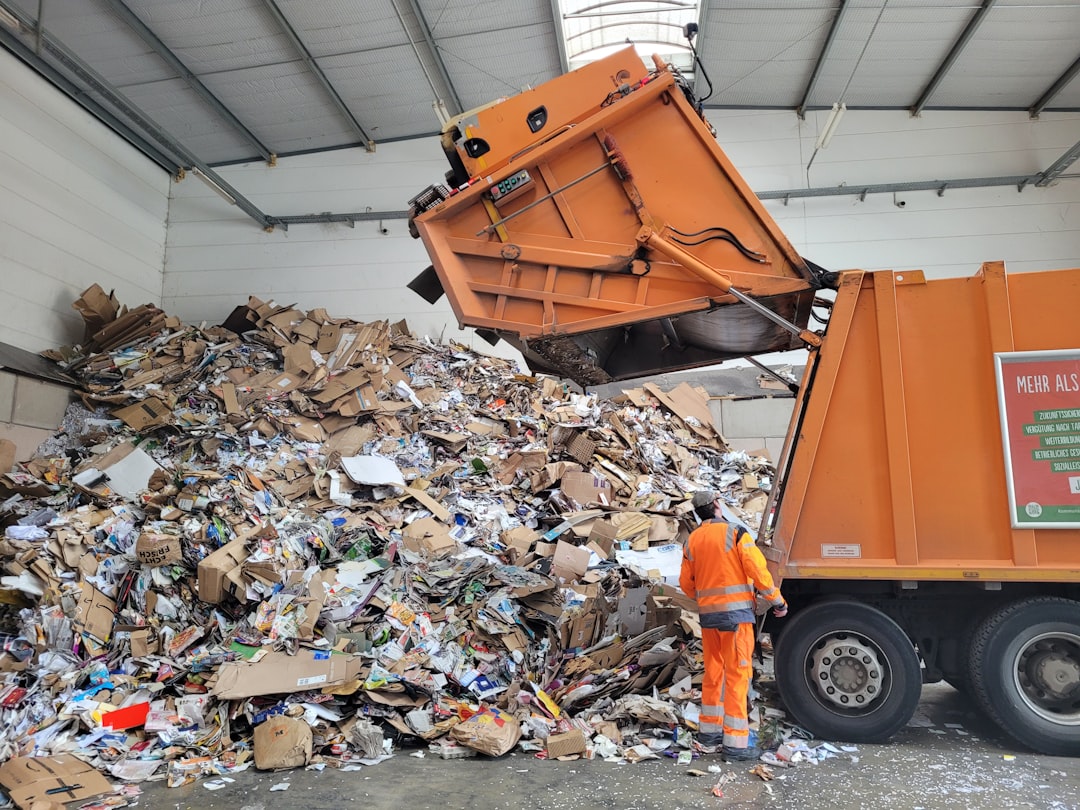No products in the cart.
Emerging Careers in AI-Driven Waste Management
AI is reshaping the waste management landscape, leading to innovative recycling careers and sustainable practices.
San Francisco, USA — The rise of artificial intelligence (AI) is reshaping industries, and waste management is no exception. Smart recycling plants equipped with AI technology are not only optimizing processes but also paving the way for new career opportunities in the green economy.
The global waste management market is projected to reach $530 billion by 2025. As populations grow and urbanization accelerates, the demand for efficient waste management solutions is becoming increasingly critical. This surge is driving innovation, particularly in recycling technology, where AI is taking center stage.

AI-powered systems can sort waste more effectively than traditional methods, drastically improving recycling rates. For example, companies like AMP Robotics are using AI to identify and separate recyclable materials from waste streams. Their technology has reportedly increased recycling rates by over 30% in some facilities. This level of efficiency not only conserves resources but also reduces landfill waste, aligning with sustainability goals worldwide.
Moreover, the integration of AI in waste management is creating green jobs that were virtually non-existent a decade ago. Positions such as AI waste management specialists, data analysts, and sustainability consultants are emerging as critical roles within this sector. According to a report by the World Economic Forum, the green economy is expected to create 24 million new jobs globally by 2030, many of which will be in waste management and recycling.
Yet, this shift also presents an opportunity for workforce reskilling and upskilling.
However, the transition to an AI-driven waste management system is not without challenges. Experts warn that while technology can enhance efficiency, it may also lead to job displacement in traditional roles. For instance, manual sorting jobs could diminish as AI systems become more prevalent. Yet, this shift also presents an opportunity for workforce reskilling and upskilling. Educational institutions and organizations are increasingly offering programs focused on AI and sustainability to prepare the workforce for these changes.
Several universities are already adapting their curricula. For example, Stanford University has introduced a course on AI applications in environmental science, aiming to equip students with the skills necessary for the evolving job market. Similarly, community colleges are developing vocational training programs that emphasize both technical skills in AI and knowledge of waste management practices.
As companies invest in AI technology, they also recognize the importance of collaboration with local governments and community organizations. Partnerships are forming to enhance recycling infrastructure and promote public awareness. Cities like San Francisco are leading the charge by implementing citywide initiatives that leverage AI for smarter waste management. These collaborative efforts not only boost recycling rates but also engage communities in sustainability practices.
Looking ahead, the intersection of AI and waste management presents a unique opportunity for innovation and growth. The global push for a circular economy, where waste is minimized and materials are reused, aligns perfectly with advancements in AI technology. This evolution will likely lead to more efficient waste management processes and a greener future.
For young professionals and those entering the job market, the rise of AI in waste management offers a compelling prospect. Positions that combine technical expertise with environmental consciousness will be in high demand. As industries evolve, those with skills in data analysis, machine learning, and sustainability will find themselves at the forefront of the green job revolution.
Looking ahead, the intersection of AI and waste management presents a unique opportunity for innovation and growth.
In this rapidly changing landscape, the key will be adaptability. As AI continues to transform waste management, staying informed and acquiring relevant skills will be essential for career success in this sector. The future of waste management lies not just in technology, but in the people who harness it to create a sustainable world.











